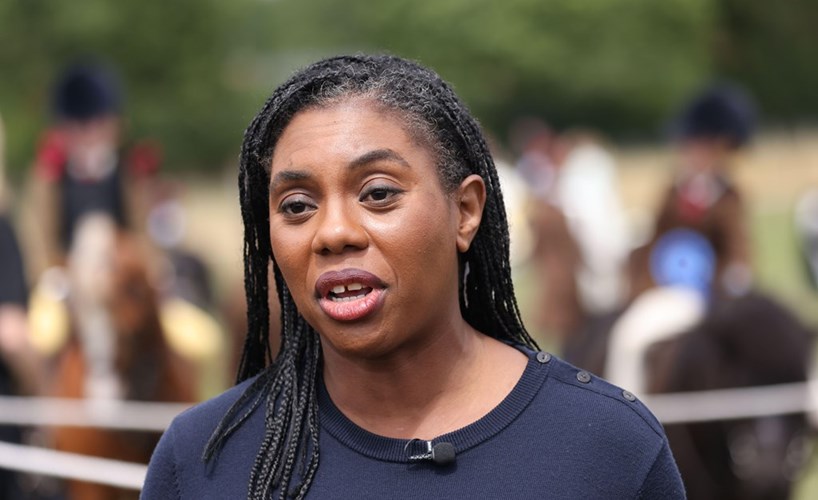London — Kemi Badenoch, leader of Britain’s Conservative Party, has sharply criticized the UK government’s decision to recognize the State of Palestine, labeling it “absolutely disastrous” and a reward for terrorism without safeguards for hostages or civilians in Gaza.
The announcement, made by Prime Minister Keir Starmer on Sunday, September 21, 2025, aligns the United Kingdom with over 150 nations that have already acknowledged Palestinian statehood. Starmer described the step as essential to “revive the hope of peace for the Palestinians and Israelis, and a two-state solution.” He emphasized that the recognition applies to provisional borders based on 1967 lines, to be finalized in future talks, and insisted it was not an endorsement of Hamas, which he said could have “no future, no role in government, no role in security.”
In a post on X, Badenoch decried the move as lacking judgment and long-term consequences. “Disastrous. Absolutely disastrous. We will all rue the day this decision was made,” she wrote. “Rewarding terrorism with no conditions whatsoever put in place for Hamas leaves hostages languishing in Gaza and does nothing to stop the suffering of innocent people caught in this war.” She accused Starmer of diverting attention from domestic failures, such as the National Health Service, youth employment, and immigration, by pursuing “left-wing policies” like Palestinian recognition.
The UK’s action follows a July 2025 pledge by Starmer to recognize Palestine by September unless Israel agreed to a ceasefire and committed to a peace process amid the Gaza humanitarian crisis. Palestinian authorities report over 65,000 deaths in Gaza since October 2023, with aid access severely restricted. The decision comes days before the 80th United Nations General Assembly, where Palestinian sovereignty is a focal point.
Canada, Australia, and Portugal also formalized recognition on Sunday, with France and Belgium expected to follow soon. Canadian Prime Minister Mark Carney called it a “partnership in building the promise of a peaceful future,” while Australian leader Anthony Albanese framed it as momentum for a two-state resolution. Palestinian Authority President Mahmoud Abbas welcomed the developments, saying they pave the way for a state “to live side by side with the state of Israel in security, peace and good neighbourliness.”
Israel’s response was swift and vehement. Prime Minister Benjamin Netanyahu declared that “a Palestinian state will not happen” and accused the recognizing nations of offering a “huge reward to terrorism.” Israeli Foreign Minister Gideon Sa’ar spoke with Badenoch, praising her opposition and inviting her to visit Israel. The Hostages and Missing Families Forum UK echoed the criticism, calling the recognition a “betrayal of humanity” while 48 captives remain in Gaza.
The United States, under President Donald Trump, has opposed such recognitions, viewing them as premature without hostage releases or Hamas disarmament. Trump raised concerns during a recent UK visit. Britain’s Deputy Prime Minister David Lammy clarified that recognition does not create a state “overnight” but supports a broader peace effort.
This wave of recognitions builds on earlier 2024 moves by Caribbean countries, including the Bahamas, Jamaica, Trinidad and Tobago, and Barbados, amid international outcry over Israel’s Gaza operations. Now totaling at least 151 UN members, the endorsements aim to counter fears of West Bank annexation and preserve two-state prospects.
Badenoch’s rebuke highlights domestic rifts in the UK, where Labour faces pressure from pro-Palestinian groups while navigating alliances. She tied the policy to other Starmer decisions, like £35 billion in reparations to Mauritius over the Chagos Islands, as signs of weak leadership. As the UN convenes, the moves underscore shifting Western stances on the protracted conflict.




